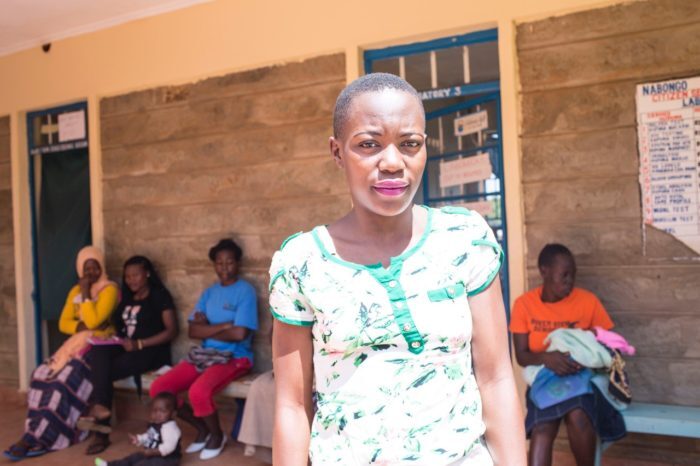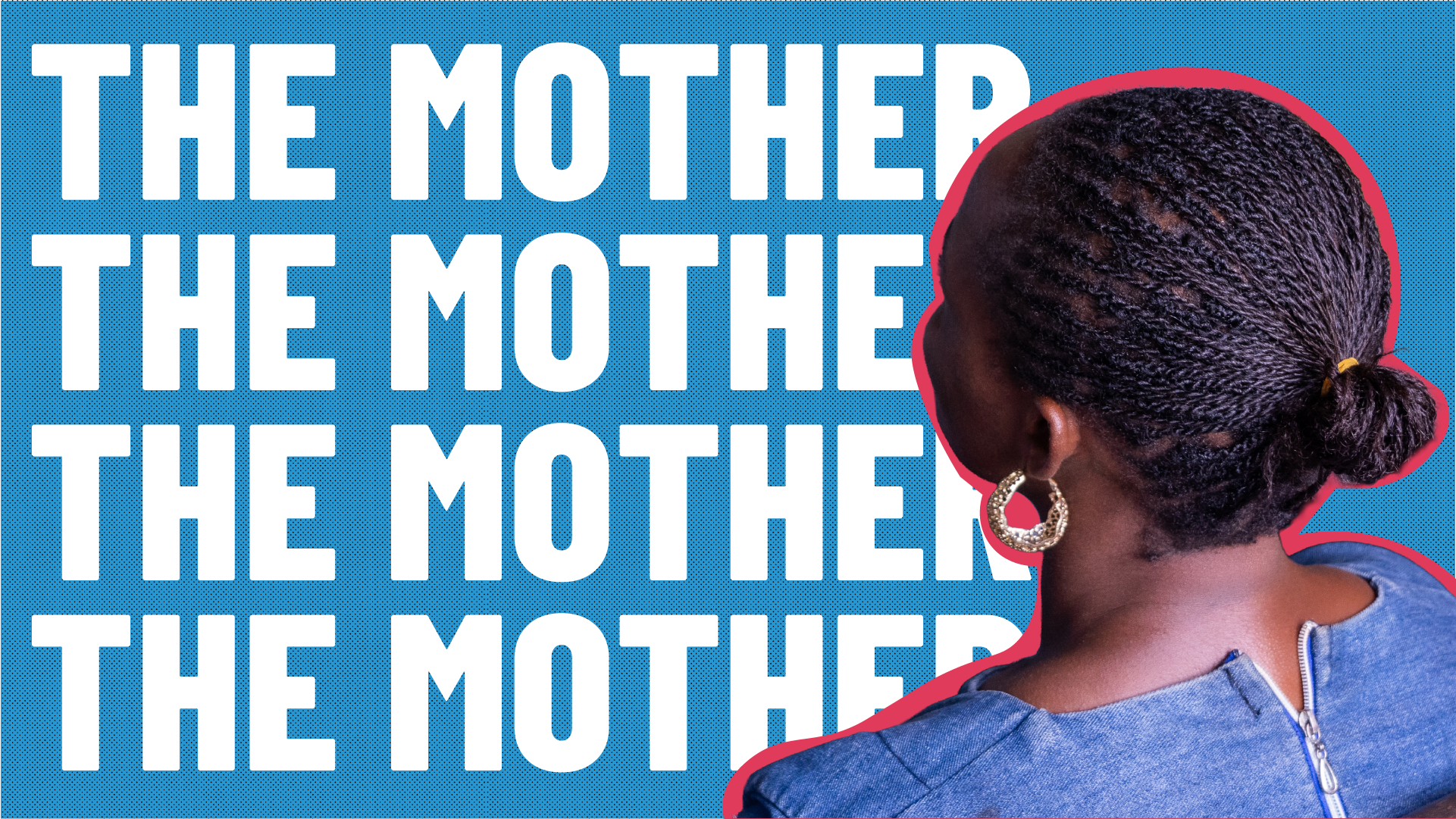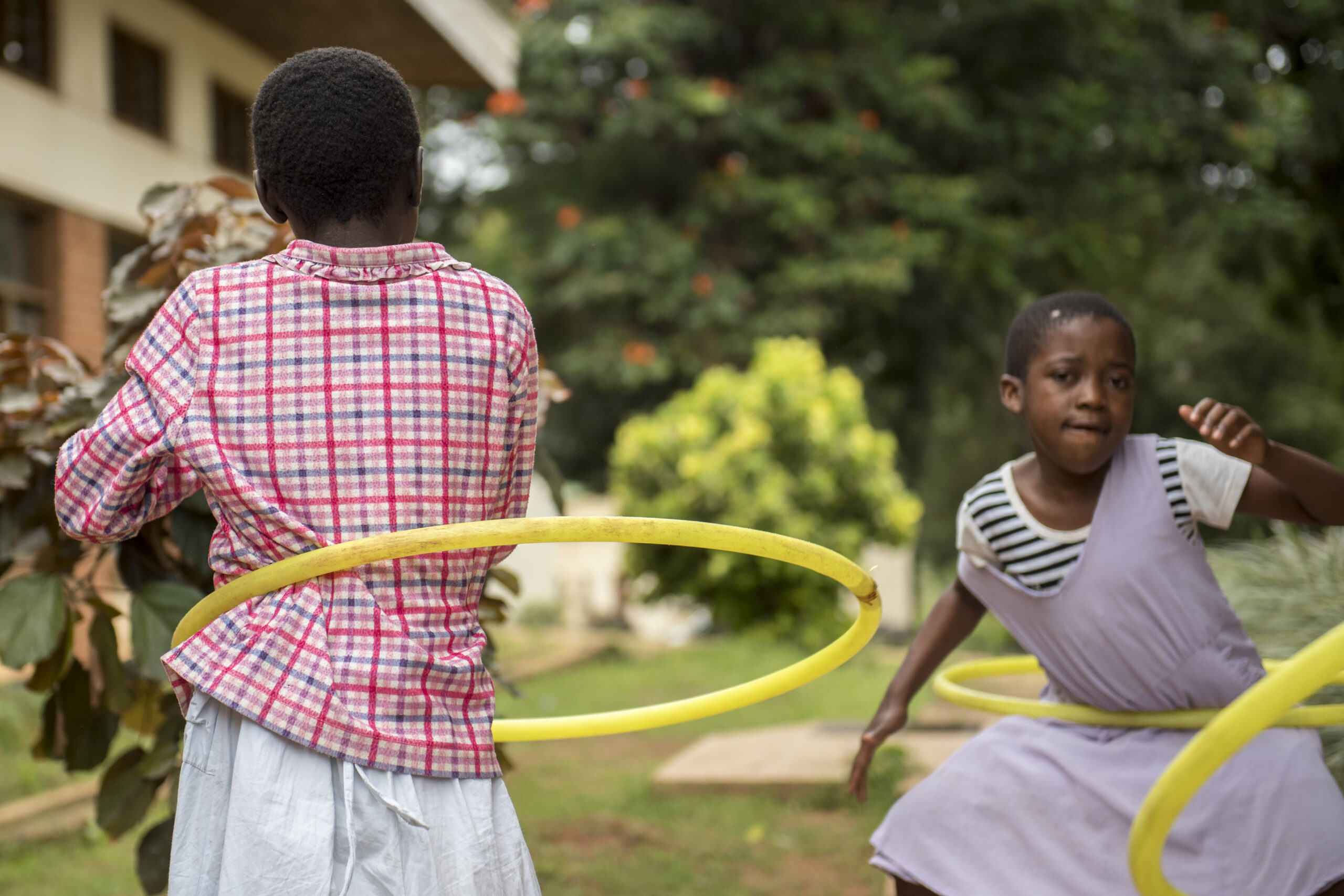At only 15 years old, Ferock Gabriella became a survivor of sexual abuse; an experience that would drastically alter her future.
While her father was away working in another town, seven thieves broke into her house, robbing their family, and sexually assaulting Ferock. The trauma was so much that her mother suffered a stroke after the incident. Her teachers took her to the hospital the following day, where she received medical attention; however, she was not given post-exposure prophylaxis (a dose of antiretroviral medication taken within 72 hours of HIV exposure to prevent infection). Her family’s attempts to get justice in the immediate aftermath of this incident were frustrating and seemed futile but Ferock found reprieve at Nabongo Health Centre.
“I learned my HIV status in school during a voluntary counseling and testing outreach and I got very stressed,” she said.
The trauma of the incident was only the beginning of Ferock’s harsh new reality. “I learned my HIV status in school during a voluntary counseling and testing outreach and I got very stressed,” she said. Not only was Ferock HIV-positive living in a community with deep-rooted stigma and discrimination facing those living with HIV, further tests also revealed that she was pregnant. “There is a lot of stigma attached to being a young mother and being HIV-positive.” These revelations, and ensuing judgement from her classmates, negatively impacted her mental health, driving her to consider suicide.
“There is a lot of stigma attached to being a young mother and being HIV-positive.”
It was her mother who first pushed her to accept her HIV status. Her mother encouraged her to become a peer counselor through a new and innovative project launched at Nabongo Health Centre. This project, which works with pregnant and breastfeeding adolescent girls and young women, is funded by Johnson & Johnson and implemented by the Elizabeth Glaser Pediatric AIDS Foundation in Kenya. It utilizes a peer mentorship approach to support adolescents and young adults in HIV prevention, treatment and retention and aims to reduce the effects of stigma and discrimination.
Ferock met all the criteria needed to become a peer counselor: she was over 18 years of age, able to read and write, and very much willing to help others in difficult situations. She was selected and trained to be a peer educator. Ferock was trained to support newly diagnosed HIV-positive pregnant adolescents and young women cope with the diagnosis, follow their treatment regimen, and maintain viral load suppression for their health and the health of their babies. Following her training, she began making contact with adolescents and young pregnant and adolescent women through phone calls and home visits. Additionally, she and the facility’s health workers began organizing health talks.
She said that the sexual and gender-based violence section of her training to become a peer educator opened her eyes to what can be done to help herself and others in her circumstances. Now 22 years old, Ferock is both a single mother and group leader for 21 young women ages 15-24 in a monthly support group targeting prevention of mother-to-child HIV transmission (PMTCT) at the Nabongo Health Centre. She is a role model to her support group members. Because of the steps she took during her pregnancy (her vigilance to her own PMTCT drug regimen and health care), Ferock’s baby was born and remains HIV-negative.
While Ferock will always have the memories of her traumatic past, she was able to channel this trauma into a way to help herself and other young women living with HIV.
“I am happy to be able to help other young women overcome and live positively,” she said.





